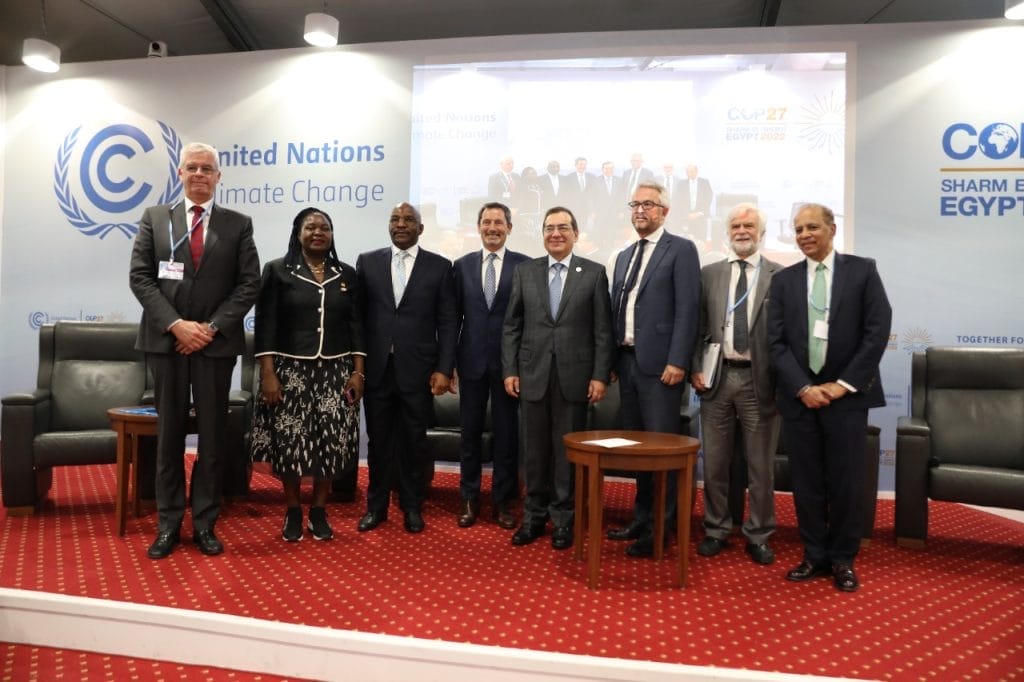The African Peer Review Mechanism (APRM), a specialized agency of the African Union, has strongly criticized Fitch Ratings’ recent downgrade of the African Export-Import Bank (Afreximbank), calling the decision “flawed.”
The APRM argues that Fitch’s assessment is based on an insufficient understanding of the bank’s unique operational and legal status as a supranational institution.
On June 4, 2025, Fitch Ratings downgraded Afreximbank’s long-term foreign currency issuer default rating from ‘BBB’ to ‘BBB-‘, assigning a negative outlook. Fitch’s rationale included a non-performing loan (NPL) ratio estimated at 7.1% by the end of 2024, which it deemed above its high-risk threshold.
This estimate reportedly stemmed from Fitch’s classification of Afreximbank’s exposures to the sovereign governments of Ghana, South Sudan, and Zambia as non-performing.
The APRM, however, firmly rejects Fitch’s interpretation of these figures. It stated that the NPL ratio is inaccurate, noting that Afreximbank’s own reported NPL ratio as of March 2025 was 2.44%. The APRM emphasized that Fitch’s downgrade overlooked the treaty-based nature of Afreximbank’s operations.
Established in 1993 through a multilateral agreement signed by African states, Afreximbank benefits from preferred creditor treatment, immunities, and protections not typically extended to commercial banks.
The agency asserted that classifying loans to member countries as non-performing is legally incongruent, particularly when the borrower states are shareholders in the lending institution, no formal default has occurred, and none of the sovereigns have repudiated their obligations.
The APRM contends that Fitch’s unilateral treatment of these sovereign exposures as comparable to market-based commercial loans, despite their backing by treaty obligations and shareholder equity stakes, reflects a fundamental misunderstanding of the governance and nature of intra-African development finance.
In response to the downgrade, Afreximbank itself reaffirmed that it is not participating in debt restructuring negotiations related to any of its member countries, stating that such involvement would be inconsistent with its establishment treaty.
The bank further highlighted its strong capital base, robust guarantees, and recognized risk controls, factors that Fitch itself acknowledged in its rating report.
This dispute underscores a broader friction between African institutions and international credit rating agencies. The APRM has called for formal engagement between Fitch, Afreximbank, and other African financial institutions to ensure that credit rating methodologies adequately consider the specific legal and institutional contexts prevalent on the continent. This incident is also fueling renewed calls for the establishment of an Africa-centric credit rating agency, with the African Credit Rating Agency (AfCRA) reportedly set to launch in September 2025.

